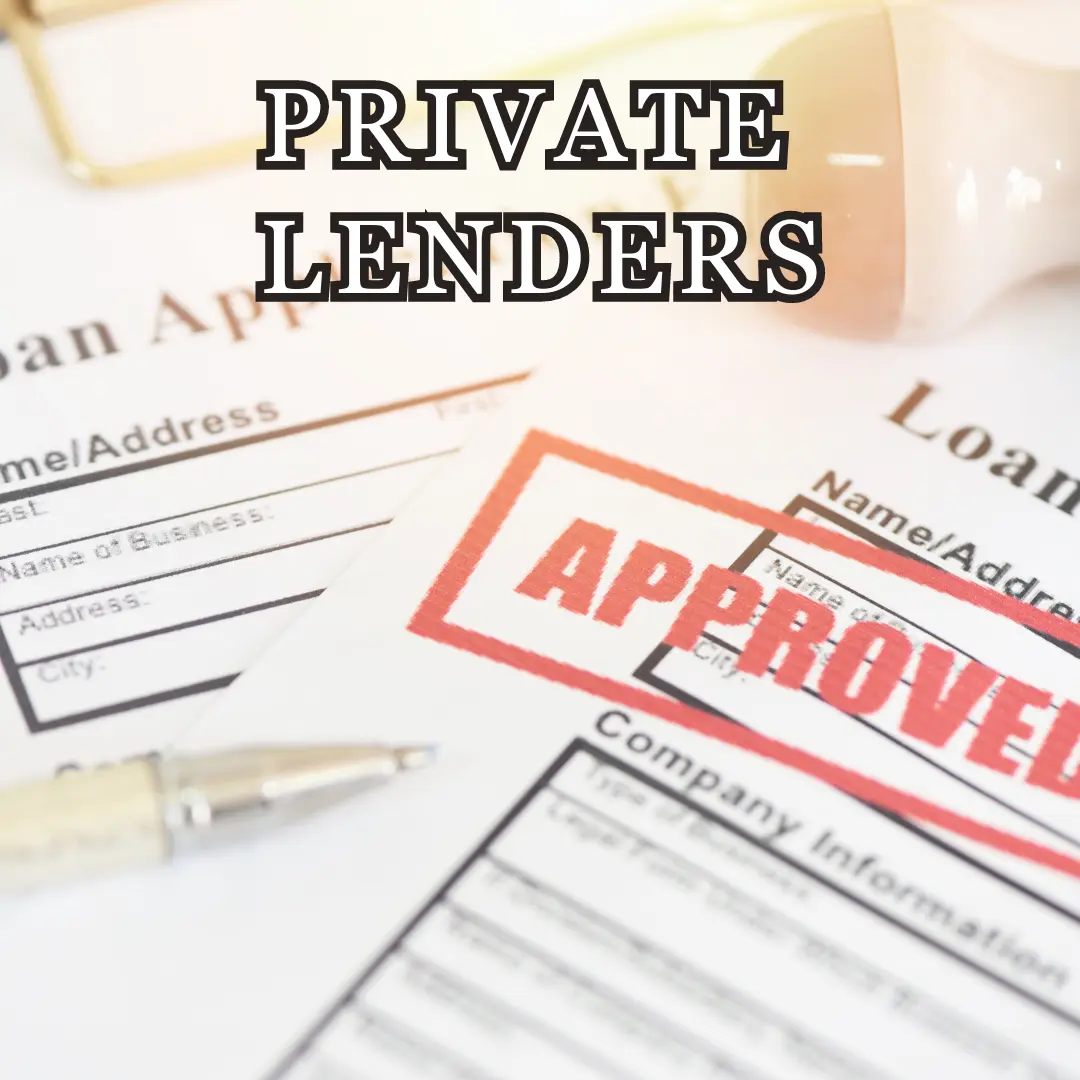Beginner’s roadmap to Working with private mortgage lenders savannah ga
Wiki Article
Exactly how It Functions: A Comprehensive Guide to Mortgage Lending for First-Time Buyers
Navigating the world of mortgage lending can be daunting for newbie customers. Understanding the essential parts like principal, interest, and down payments is vital. Furthermore, identifying the various kinds of mortgage and the application procedure can substantially influence one's experience. By exploring crucial variables that influence interest rates, purchasers might reveal beneficial understandings. What else should they think about prior to making such a substantial economic commitment?Understanding Mortgage Basics
When first-time buyers go into the domain of homeownership, recognizing mortgage fundamentals ends up being vital for making educated choices. A home mortgage is essentially a loan protected by the home being purchased, permitting individuals to buy a home without paying the complete price upfront. Customers should recognize crucial parts, including principal, passion, taxes, and insurance policy, typically summarized as PITI. The principal is the quantity borrowed, while rate of interest is the cost of borrowing that amount, shared as a percentage. Taxes and insurance policy are extra expenses that can noticeably affect monthly repayments. Buyers must also think about the car loan term, typically 15 or thirty years, which influences payment quantities and general passion paid. Comprehending credit rating is vital, as they affect funding qualification and rates of interest. Understanding these essential concepts equips new purchasers to browse the mortgage landscape with confidence and make options that line up with their financial goals.Kinds Of Mortgage Loan
When taking into consideration mortgage options, first-time buyers typically come across 2 main kinds: fixed-rate and variable-rate mortgages. Fixed-rate home mortgages supply security with regular settlements over the lending's term, while adjustable-rate home loans can offer lower preliminary rates that may vary in time. Understanding these differences is essential for making an informed decision.Fixed-Rate Home loans
Fixed-rate home mortgages give security and predictability for first-time homebuyers steering the intricacies of home funding. With a fixed-rate mortgage, the rate of interest stays constant throughout the loan term, commonly varying from 15 to 30 years. This consistent price allows customers to prepare their budgets effectively, recognizing that their regular monthly payments will certainly not vary. First-time purchasers take advantage of this framework as it eliminates unpredictability in long-lasting financial dedications. Additionally, fixed-rate home mortgages usually include lower first rates compared to adjustable-rate alternatives, making them an eye-catching option for those wanting to develop home equity in time. Overall, fixed-rate home loans provide a straightforward course to homeownership, suitable for individuals looking for long-lasting economic security.Adjustable-Rate Mortgages
For new buyers seeking adaptability, variable-rate mortgages (ARMs) can supply an attractive alternative to fixed-rate car loans. ARMs typically offer reduced first rate of interest rates, making month-to-month repayments extra affordable in the early years. These rates vary after a preliminary set period, which can lead to raised settlements over time. Consumers should understand the index and margin that determine future rate adjustments. Commonly, ARMs have adjustment durations of one, 3, or 5 years, with routine caps to restrict exactly how much prices can enhance at each modification. While ARMs can be beneficial for those preparing to sell or refinance before the rate adjusts, they also carry dangers if market conditions change significantly. Detailed research study is necessary for notified decision-making.The Mortgage Application Process

Trick Aspects Affecting Rates Of Interest

Down Repayments and Closing Expenses
Recognizing deposits and closing costs is important for newbie property buyers, as these costs substantially influence the total affordability of a mortgage. A down payment is the preliminary amount paid towards the home's purchase cost, usually revealed as a percent. It can vary from as low as 3% to 20% or even more, depending upon the financing type and loan provider demands. A larger deposit can minimize month-to-month mortgage settlements and eliminate private mortgage insurance coverage (PMI), which secures lenders in case of default.Closing costs, on the other hand, incorporate various fees incurred during the home-buying process. These may include lending source charges, appraisal costs, title insurance coverage, and attorney costs, normally amounting to 2% to 5% of the home's acquisition cost. Novice buyers need to budget plan for both deposits and closing expenses to guarantee they can safeguard their mortgage and effectively browse the home-buying process.Tips for First-Time Homebuyers
What essential pointers can novice homebuyers comply with to navigate the usually difficult process of acquiring a home? Establishing a sensible budget plan is vital. Customers need to evaluate their financial scenario, consisting of earnings, expenses, and possible mortgage payments. Next, getting pre-approval for a home mortgage can offer clarity on what one can afford and enhance their setting when making an offer.Researching neighborhoods is similarly vital; customers must consider variables such as features, schools, and future growths. Additionally, it is suggested to work with a certified property representative that can offer important insights and assistance throughout the purchasing process.Home examinations should not be neglected, as they can discover concealed concerns that might affect long-term fulfillment. Purchasers ought to stay person and adaptable, recognizing that finding the best home may take time. By complying with these pointers, read the full info here novice buyers can approach the market with confidence and understanding.Often Asked Concerns
What Records Are Required for Mortgage Pre-Approval?
For mortgage pre-approval, people typically need to offer earnings confirmation, work background, credit reports, tax returns, bank statements, and details of any financial debts (Private Mortgage Lenders Savannah GA). These papers help lending institutions examine financial capacity and figure out funding eligibilityCan I Obtain a Home Loan With Bad Credit History?

Lots of lenders think about candidates with bad debt, though terms may differ. Higher rates of interest or bigger down payments could be needed. Exploring alternatives with specialized lenders or government programs can likewise improve chances for authorization.
The length of time Does the Mortgage Authorization Process Take?
The mortgage approval process commonly takes between 30 to advice 45 days. Elements influencing this timeline include the lending institution's performance, the borrower's financial documents, and the complexity of the funding application. Delays may take place because of added demands.What Occurs if I Miss a Mortgage Repayment?
If a mortgage repayment is missed out on, late fees may be incurred, and credit score ratings can endure. Prolonged non-payment may cause repossession procedures, prompting the loan provider to recover the residential or commercial property after a series of warnings.Can I Re-finance My Mortgage Later On?
Refinancing a mortgage later on is frequently possible, permitting house owners to change their financing terms, rate of interest, or monthly settlements. Nevertheless, eligibility depends on credit report scores, existing market conditions, and the existing mortgage's terms. Private Mortgage Lenders Savannah GA.Report this wiki page